Hydration for Fitness
Hydration is often an overlooked aspect of both nutrition and fitness. While much attention is given to diet and exercise, staying hydrated plays an essential role in achieving optimal results. Water supports digestion, regulates body temperature, and improves muscle function, making it a critical factor in both diet plans and workout routines. In this article, we’ll explore why hydration matters and how you can ensure you’re drinking enough water to support your fitness and health goals.
1. How Hydration Affects Your Fitness Performance
When it comes to exercise, staying hydrated is key to maintaining energy levels and preventing fatigue. Here’s how proper hydration boosts your workout performance:
- Enhances Muscle Function: Water is necessary for transporting nutrients to muscles. Proper hydration ensures that your muscles are well-nourished, which reduces the risk of cramps and injuries during exercise.
- Regulates Body Temperature: During physical activity, your body temperature rises. Water helps regulate this by allowing you to sweat and cool down. Dehydration, on the other hand, can cause overheating, leading to dizziness or exhaustion.
- Improves Endurance: Staying hydrated increases your stamina, allowing you to work out for longer periods without feeling fatigued. Dehydration can significantly decrease physical endurance and make workouts feel more challenging than they actually are.
2. Hydration and Nutrition: Why Water Matters
Water is just as important for nutrition as it is for fitness. It helps with digestion, metabolism, and nutrient absorption, all of which are essential for maintaining a healthy diet. Here’s why hydration is crucial for your nutritional success:
- Aids in Digestion: Drinking enough water helps break down food and allows your body to absorb essential nutrients more efficiently. Without adequate hydration, digestion slows down, leading to bloating or discomfort.
- Supports Metabolism: Staying hydrated keeps your metabolism active. Water helps to transport nutrients throughout the body, which is essential for energy production and fat burning.
- Prevents Overeating: Often, feelings of hunger can be mistaken for thirst. Drinking water before meals can help control appetite and prevent overeating, making it easier to stick to your nutrition goals.
3. How Much Water Should You Drink?
While the standard recommendation is to drink eight 8-ounce glasses of water a day, your hydration needs depend on several factors, such as your activity level, diet, and climate. Here’s how to gauge your hydration needs:
- For Exercise: During exercise, it’s important to drink water before, during, and after your workout. Aim for about 500ml (16 oz) of water two hours before working out, and take regular sips throughout your session.
- For Daily Life: Besides workout hydration, general water intake should be adjusted based on your environment and physical activity. Hotter climates and more active lifestyles typically require more water.
- Listen to Your Body: The best way to gauge hydration is to listen to your body. Dark-colored urine, dry mouth, and headaches are common signs that you’re not drinking enough water.
4. Tips for Staying Hydrated Throughout the Day
Maintaining hydration can be challenging, but with these tips, you can ensure you’re getting enough water daily:
- Carry a Water Bottle: Having a reusable water bottle with you throughout the day serves as a constant reminder to drink more water.
- Set Hydration Goals: Set a goal for how much water you want to drink daily, and track your progress with a hydration app or a marked water bottle.
- Eat Hydrating Foods: Incorporate water-rich foods like cucumbers, watermelon, oranges, and spinach into your diet to help boost hydration.
- Drink Before You’re Thirsty: Thirst is a sign that you’re already dehydrated. Make it a habit to sip water throughout the day, even if you don’t feel thirsty.
Conclusion
Hydration is essential for achieving success in both nutrition and fitness. Whether you’re looking to improve your workout performance or support your diet, staying hydrated is key to reaching your health goals. By ensuring that you’re drinking enough water daily, you’ll not only boost your physical performance but also support digestion, metabolism, and overall well-being.
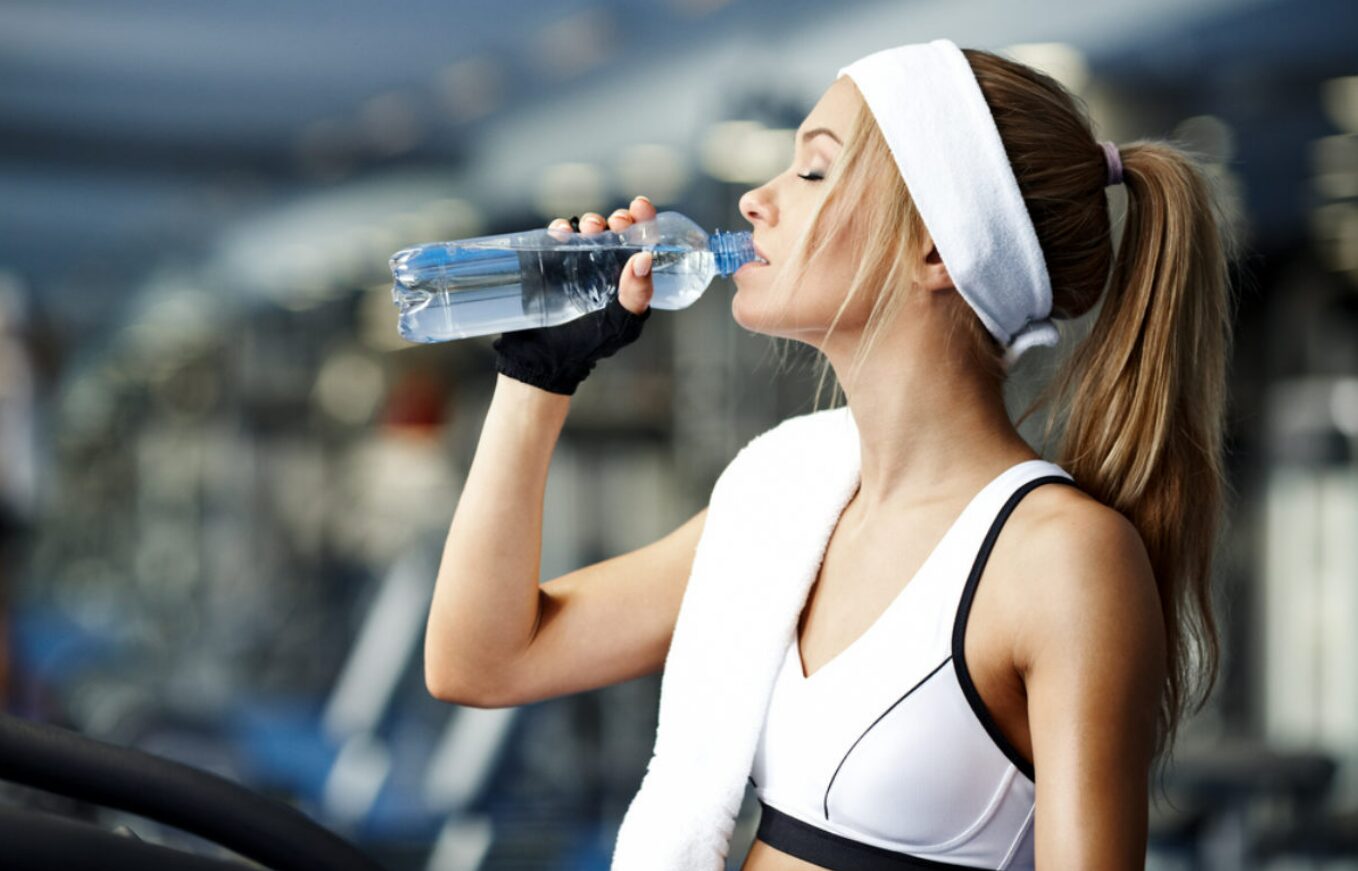

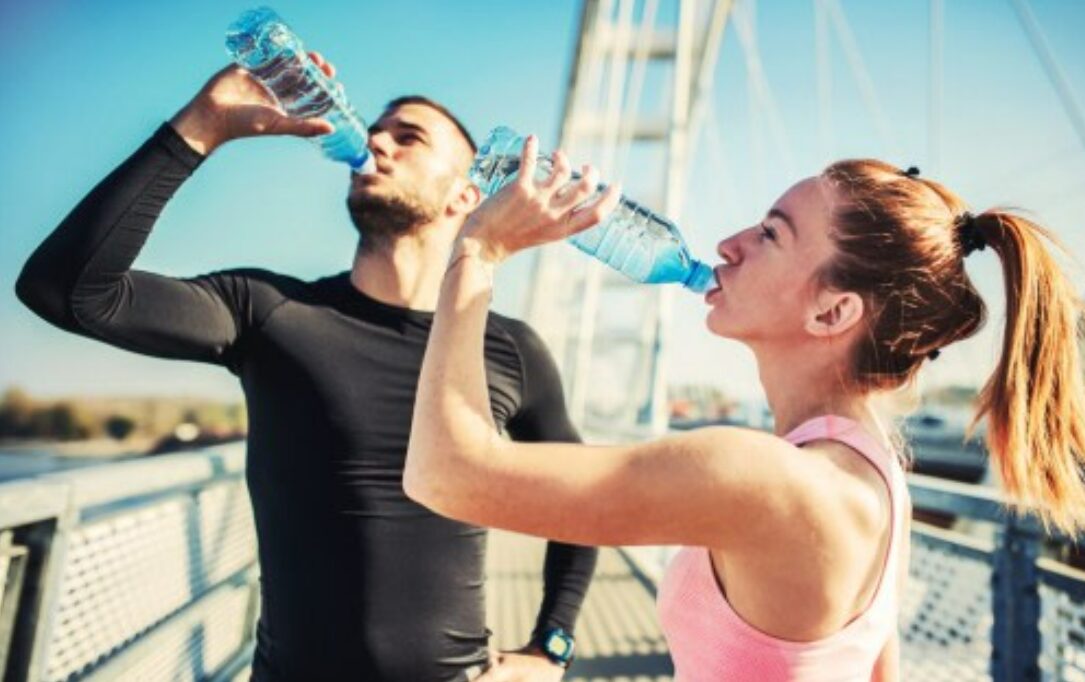

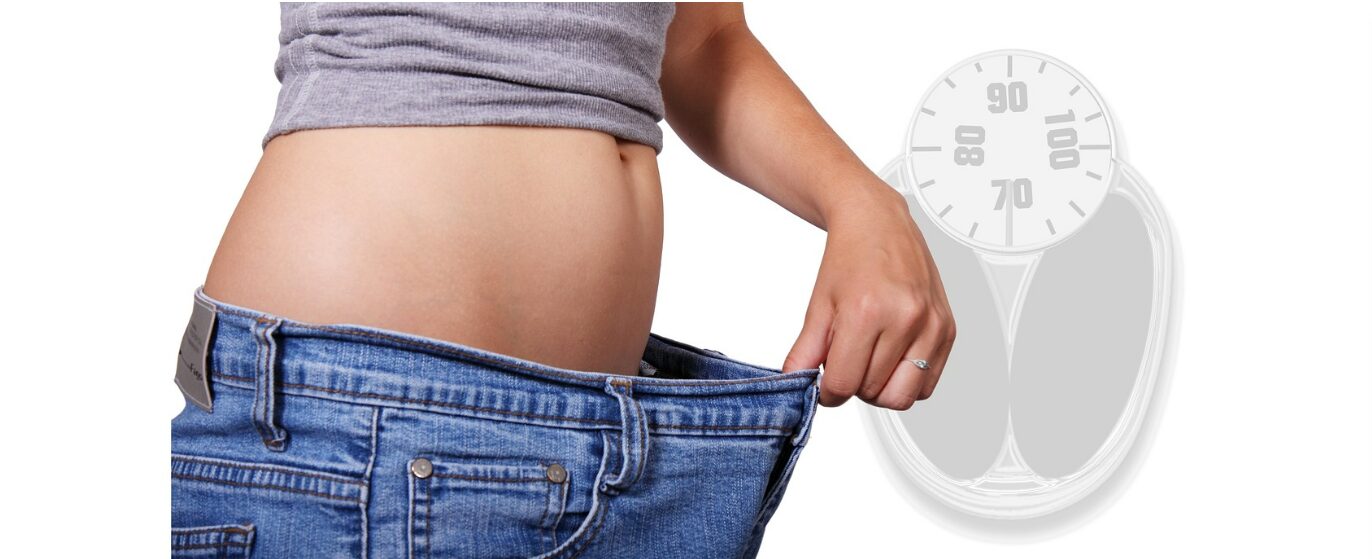
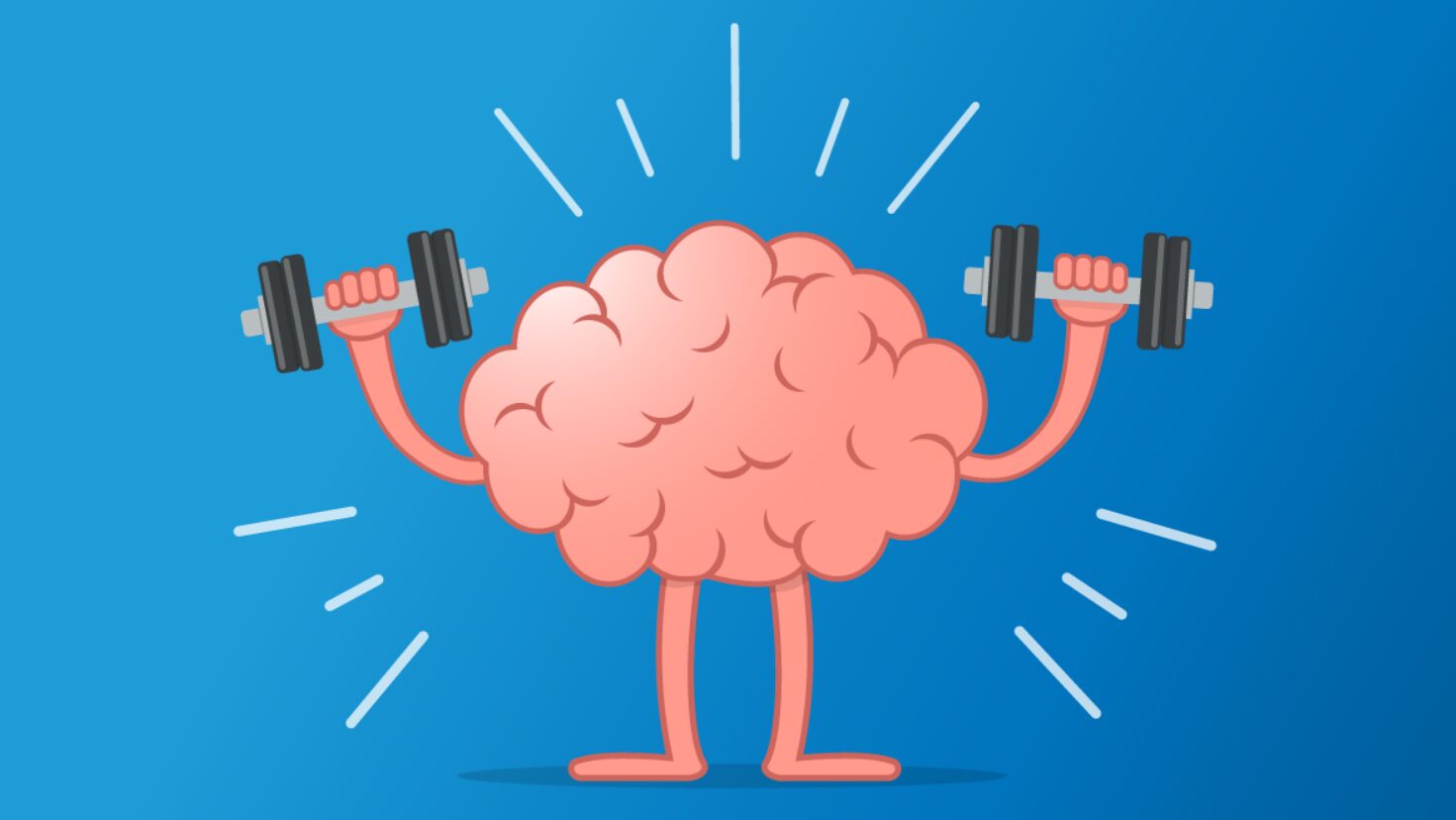

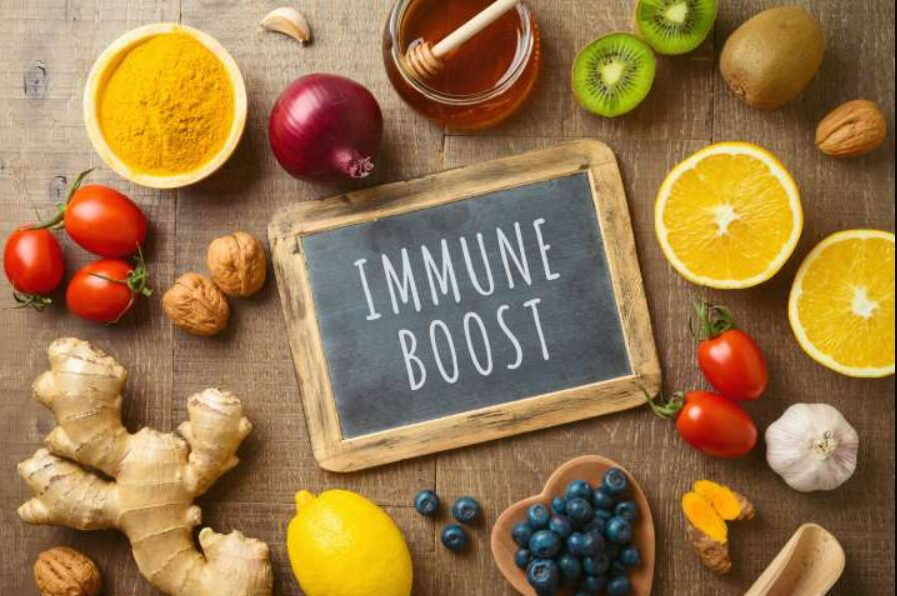
Leave a Reply